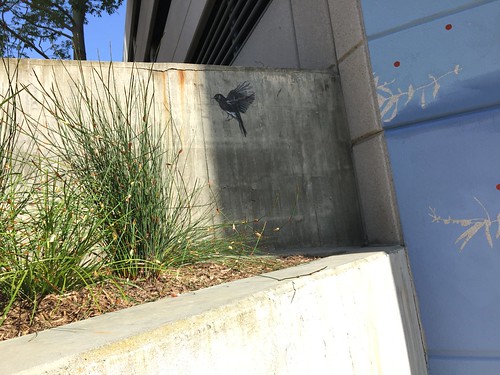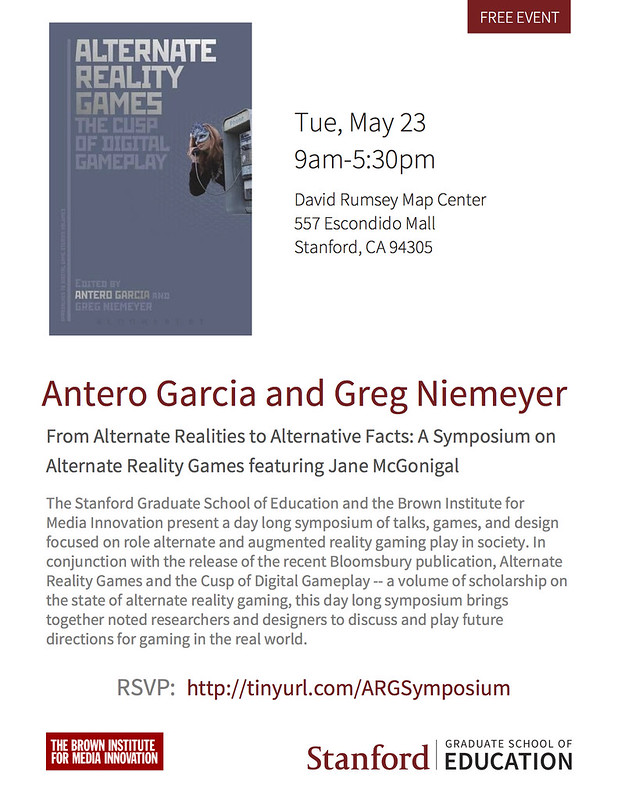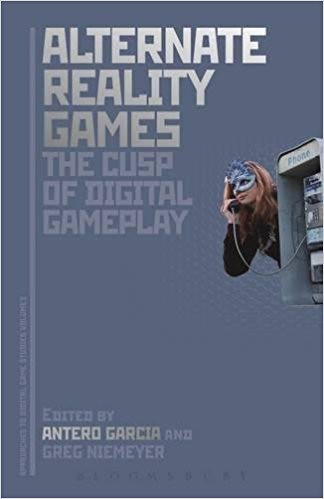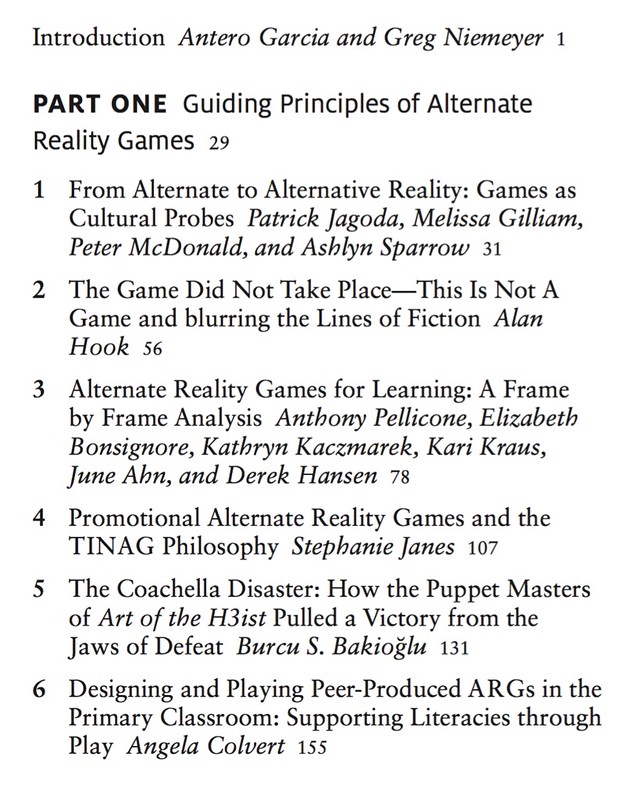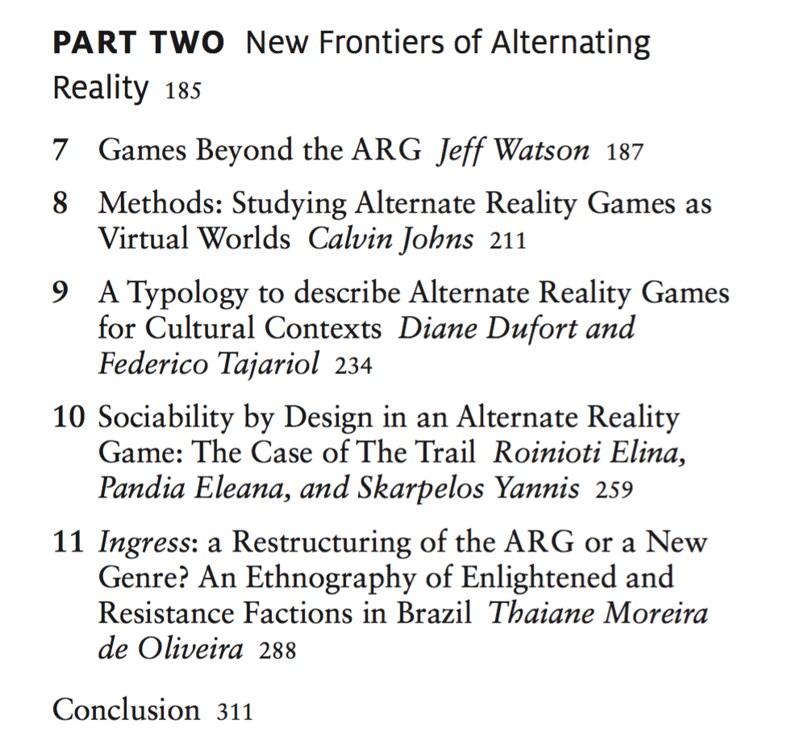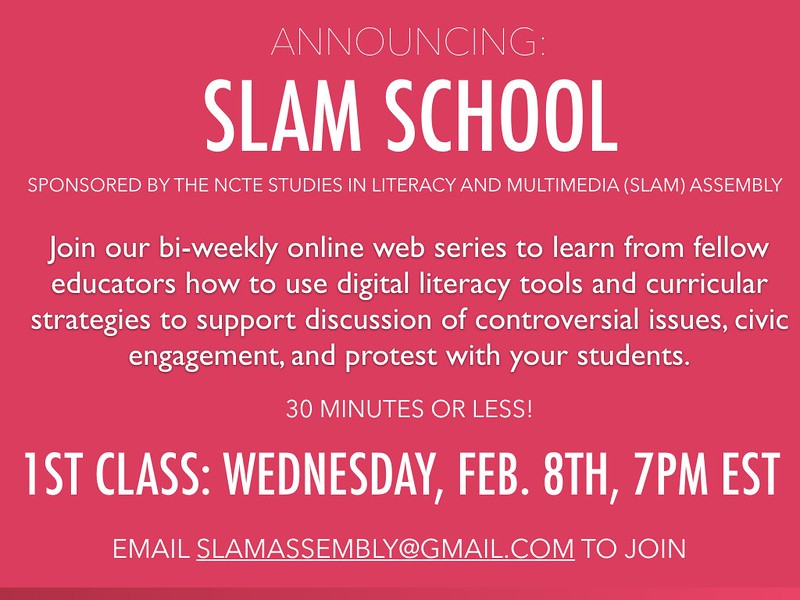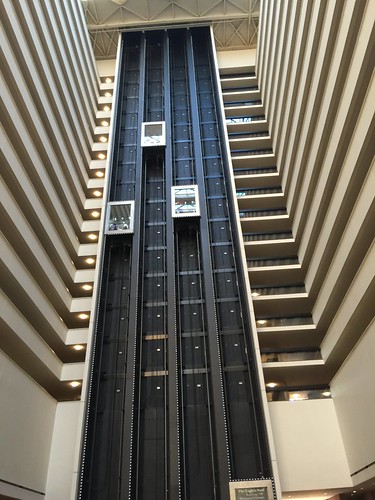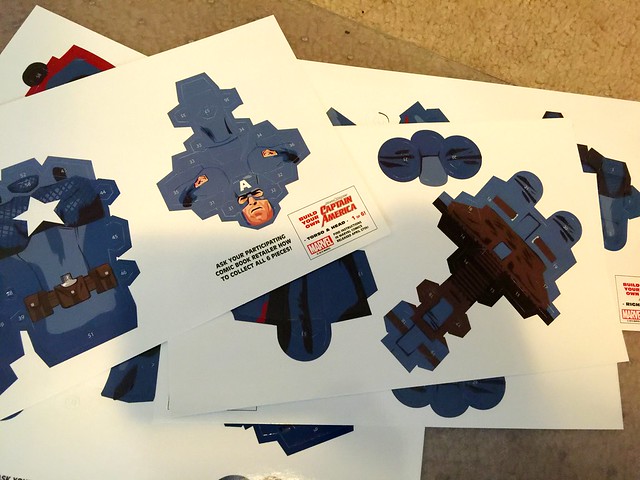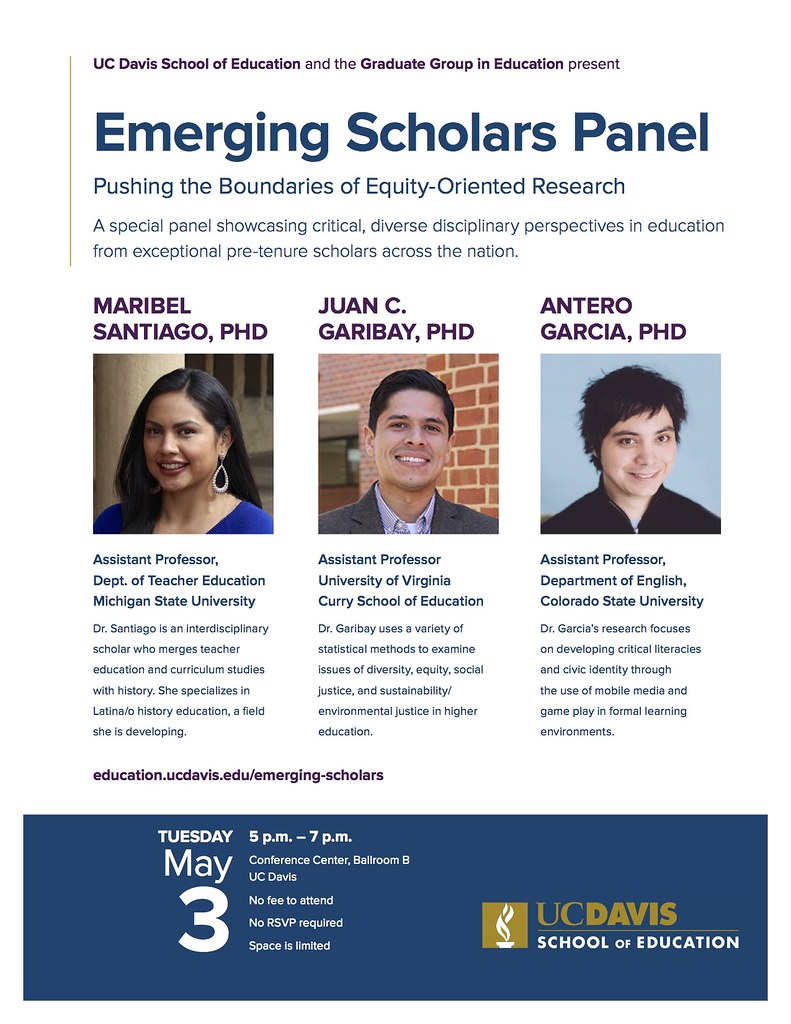Abstracts are due in a bit over a month and I an hoping that many of you reading this might consider how your scholarship aligns with the call. Please get in touch if you have questions about this work. (If you’re at AERA this week, shoot me a tweet and we can connect and talk there!)
Proposals are invited for papers for a special issue of the journal on the theme of The Intersections of Learning, Technology, & Politics in a Climate of Fear, Oppression, and Nationalism
This special issue will present research exploring how the current nationalist and oppressive sociopolitical environment–seen globally–shapes youth identities and learning practices in both formal and informal environments. We want to interrogate how learning and the role of technology are affected by a political climate that sees a rise in global far-right movements, as evidenced by the wake of prominent recent events like Brexit and the 2016 U.S. presidential election.
As guest editors in the U.S., we are particularly cognizant of a localized context in which a successful presidential campaign can be built on foundations of racism (Kendall, 2016), religious intolerance (Rosenberg & Ainsley, 2016) sexual assault (Burns, Haberman, & Martin, 2016), misogyny (Khazan, 2016), xenophobia (Sargent, 2016), and a disregard for science and the environment; we see today’s political actions shaping the landscape of learning and technology long after the administration of individual leaders. As a result, the papers in this issue will explore the broader landscape of the current political climate, rather than focusing exclusively on specific figures and events. They will offer new understandings and narratives of learning, engagement, and resistance.
The intersections of learning, technology, and politics are pervasive in the lives of young people; exploring how information and technology shape the contours of the spaces in which learning takes place, we seek to center the voices and needs of youth. Further, this issue underscores that these shifts are happening globally and we are specifically interested in looking at how nationalism and far-right movements affect youth learning and engagement in myriad, global contexts. We also see broader civic, educative, and social-emotional concerns arising at the same time that one-to-one digital device initiatives and emphasis on STEM learning claim to be ushering in equitable learning opportunities for all youth regardless of socioeconomics, culture, race, or gender. In considering how issues of capitalism and neoliberalism underpin both the educational shifts in classrooms and the ushering in of a nationalistic political paradigm, this issue will highlight the fundamental role that media and technology play in this specific moment. We are mindful that the contexts of learning are part of the current political moment and tied to neo-liberal capitalist practices.
We invite papers for this issue of Learning, Media and Technology that come from a variety of research methods, theoretical approaches and country perspectives. We are particularly interested in papers that are authored, co-authored, or take into account the voices and perspectives of those most vulnerable in the present political moment not limited to youth of color, women, members of a religious minority, and individuals that identify as LGBTQ. Papers might explore such questions as:
- How are youth identities being shaped by the current landscape of nationalism, exclusion, and symbolic violence, particularly through new media?
- What role does technology play in reinforcing and/or resisting hurtful discourses?
- In what ways can empirical research around learning and technology take up an emphasis of solidarity and/or resistance to exclusionary educational and social policies?
- How does symbolic violence in social media shape feelings of nationalism and identity, particularly for youth?
- How are digital tools, artificial intelligence, and machine learning shaping global contexts such as the election of Trump and Brexit?
- How are youth learning about, responding to, and unpacking the contexts of neoliberal society in both formal and informal environments? What tools are leveraged in this discourse?
- How are contemporary social science and educational methodologies illuminating or occluding dominant hegemonic discourses within the work conducted in schools?
Submission Instructions
We are currently soliciting abstracts for proposed papers for the special issue. Abstracts should be no longer than 300 words and be accompanied by up to six keywords.
Deadline for submission of abstract: 1st June 2017
Successful authors informed: 1st July 2017
Deadline for submission of full papers: 15th January 2018
Full papers are expected to be between 6,000 and 8,000 words (please refer to the journal website for full ‘instructions for authors’). All papers will be subject to the usual blind reviewing and refereeing processes.
Please send abstracts and keywords to the guest editors by 1st June 2017:
Email: Antero Garcia & Thomas M. Philip
Please put ‘abstract Learning, Media and Technology’ in the subject.
REFERENCES:
Burns, A., Haberman, M., Martin, J. (2016). Donald Trump apology caps day of outrage over lewd tape. New York Times.
Kendall, B. (2016). Trump says judge’s Mexican heritage presents ‘absolute conflict’. Wall Street Journal.
Khazan, O. (2016). The Lasting Harm of Trump-Style Sexism. The Atlantic.
Rosenberg, M. & Ainsley, J.E. (2016). Immigration hardliner says Trump team preparing plans for wall, mulling Muslim registry. Reuters.
Sargent, G. (2016). Trump returns to his old standbys: Xenophobia, hate, lies, and yes, mass deportations. Washington Post.
